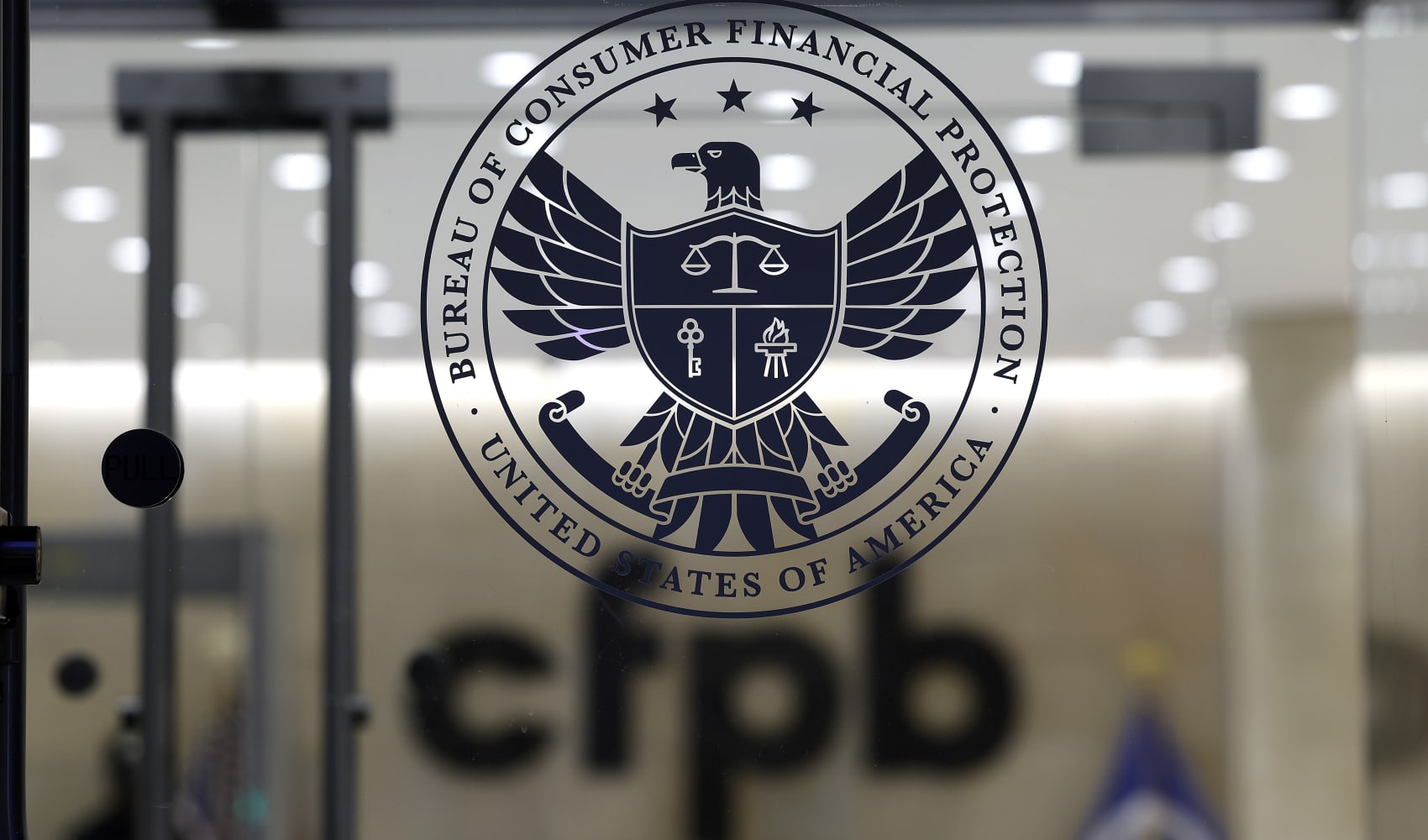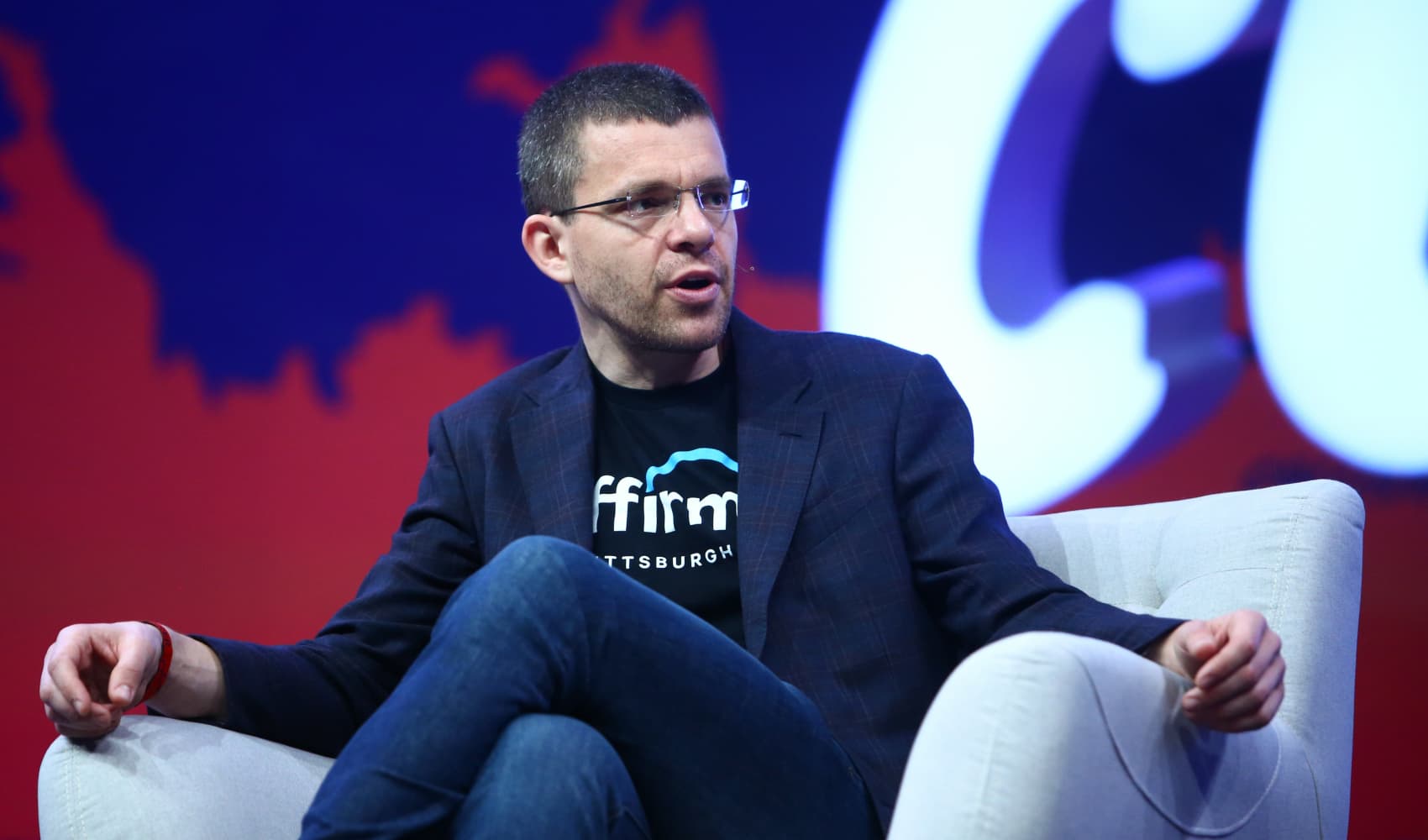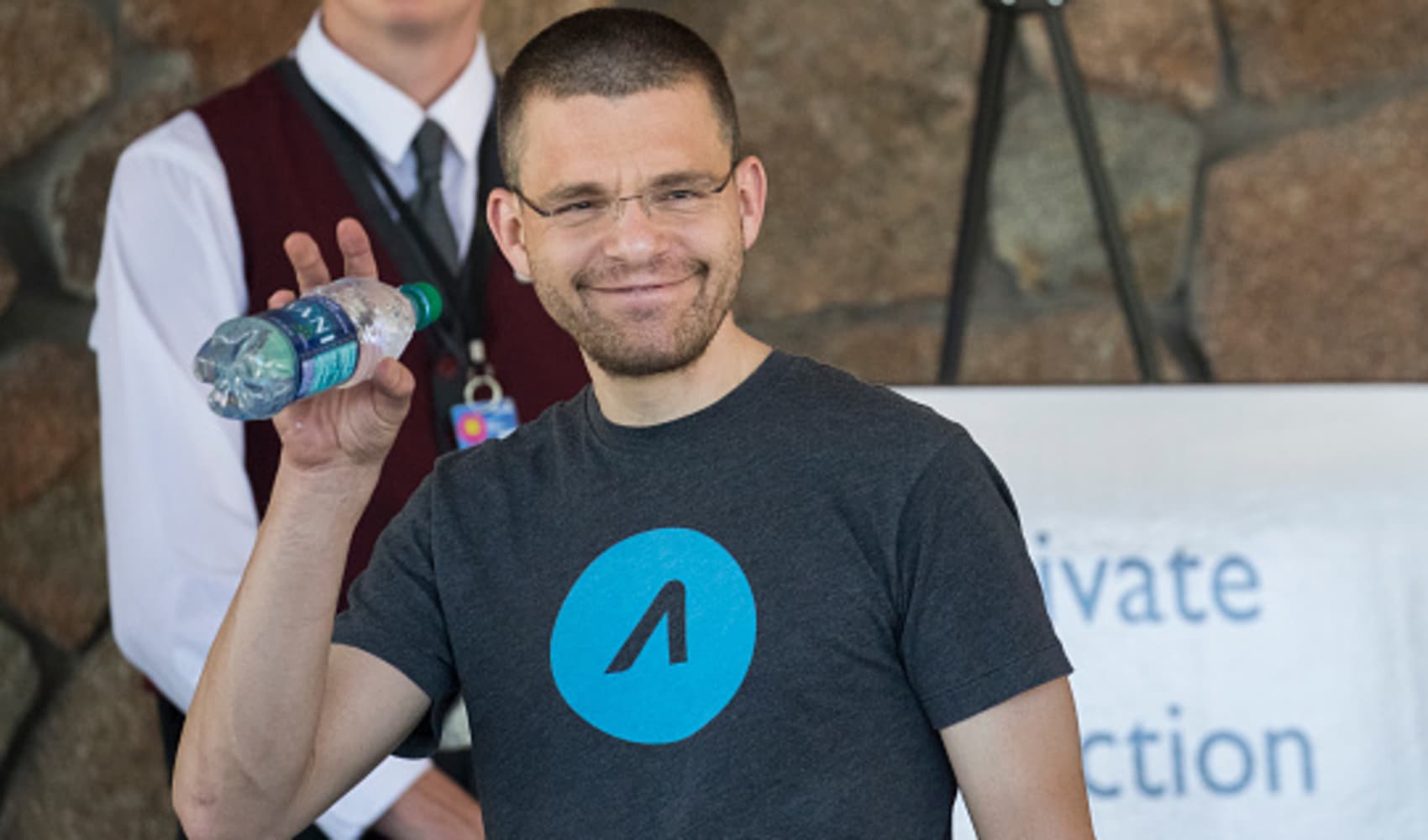BNPL Grocery Loans: Are Americans Falling Behind on Payments?
Grocery Bills on Credit? More Americans Turn to Buy Now, Pay Later
Introduction: Borrowing to Eat – A Growing Trend?
Times are tough, aren't they? Between rising inflation, stubbornly high interest rates, and the general feeling of uncertainty hanging in the air, many Americans are feeling the pinch. And it's showing up in unexpected places – like the way we pay for our groceries. A new survey is raising eyebrows, and it points to a worrying trend: More and more people are using "buy now, pay later" (BNPL) loans to fill their shopping carts. But is this a sustainable solution, or just digging a deeper hole?
BNPL: The New Grocery Store Aisle?
What was once mainly used for electronics and clothing is now creeping into the grocery sector. A recent Lending Tree survey revealed a surprising shift in consumer behavior. A significant 25% of BNPL users are now relying on these loans to finance their grocery purchases. That's a substantial jump from just 14% in 2023. Think about that – one in four people using BNPL for food! It paints a vivid picture of the financial pressures families are facing.
Late Payments: A Red Flag Waving?
While the convenience of BNPL can be tempting, the survey also highlights a concerning downside. A staggering 41% of respondents admitted to making a late payment on a BNPL loan in the past year. This is a notable increase from the 34% reported the year before. These late payments aren't just minor inconveniences; they can quickly snowball into serious financial trouble. So, is the short-term relief of BNPL worth the potential long-term consequences?
The Economic Squeeze: Groceries as a Barometer
These figures aren’t just numbers on a page; they're real-life indicators of the economic struggles many Americans are facing. The survey data serves as further evidence that consumers are having a hard time affording necessities under the pressure of inflation and high interest rates. The rise in BNPL grocery usage is a symptom of a deeper economic ailment: the struggle to afford basic needs.
Inflation: The Unseen Grocery Thief
We've all felt it at the checkout line. Prices for everything, especially groceries, have been steadily climbing. Inflation may be cooling down slightly, but it’s still taking a bite out of our budgets. That $100 grocery bill from a few years ago? Now it's easily $120, maybe even more. Is it any wonder people are turning to alternative financing methods like BNPL just to put food on the table?
Interest Rates: The Added Weight
Compounding the issue of rising prices are high interest rates. Whether it's credit cards, mortgages, or even BNPL loans, borrowing money is more expensive than it used to be. Those attractive 0% interest BNPL offers? They often come with hidden catches and can quickly turn sour if you miss a payment. It's like walking a tightrope – one wrong step, and you fall.
Tariffs: The Invisible Tax
While often overlooked, tariffs can also contribute to rising prices. These taxes on imported goods ultimately get passed on to the consumer. And when tariffs affect essential items like food, it can further strain already stretched budgets. It's like adding another layer of weight to that grocery bag you're already struggling to carry.
Understanding Buy Now, Pay Later Loans
So, what exactly is BNPL? In essence, it’s a form of short-term financing that allows you to make purchases and pay them off in installments, often without interest (if you pay on time, of course!). Companies like Affirm, Klarna, and Afterpay have become household names, offering these services at countless retailers. But is all that convenience worth the risk of overspending and late fees?
The Appeal of BNPL
The allure of BNPL is undeniable. It offers instant gratification and allows consumers to spread out the cost of purchases over time. For those living paycheck to paycheck, it can seem like a lifeline. But it’s crucial to remember that BNPL is still debt, and it needs to be managed responsibly.
The Potential Pitfalls of BNPL
While BNPL can be a useful tool, it's not without its dangers. The ease of access can lead to overspending and impulse purchases. And those late payment fees? They can quickly add up, turning a small loan into a significant financial burden. Plus, unlike traditional credit cards, BNPL loans aren’t always reported to credit bureaus, which means responsible use won’t help you build credit.
Who’s Using BNPL for Groceries?
The Lending Tree survey doesn't break down the demographics of those using BNPL for groceries, but it's likely that a significant portion are lower-income individuals and families who are struggling to make ends meet. Are they truly benefiting from this financing option, or are they simply postponing financial hardship?
Financial Alternatives to BNPL for Groceries
If you're struggling to afford groceries, BNPL shouldn't be your first resort. There are other, potentially less risky, alternatives to consider:
- Food Banks and Pantries: These organizations provide free food assistance to those in need.
- Government Assistance Programs: Programs like SNAP (Supplemental Nutrition Assistance Program) can help low-income individuals and families afford groceries.
- Budgeting and Meal Planning: Creating a budget and planning your meals can help you save money and avoid impulse purchases.
- Negotiate payment plans directly with your grocery store: Call and see if they can offer any assistance.
The Long-Term Implications
The increasing reliance on BNPL for groceries raises some serious questions about the long-term financial health of American consumers. What happens when the BNPL bubble bursts? Will we see a wave of defaults and bankruptcies? It's a scenario worth considering.
Responsible BNPL Usage: A Few Tips
If you're going to use BNPL, do it responsibly. Here are a few tips:
- Create a budget: Know how much you can afford to spend each month.
- Read the fine print: Understand the terms and conditions of the loan, including interest rates and late fees.
- Make payments on time: Avoid late fees and potential damage to your credit score (if reported).
- Avoid impulse purchases: Only use BNPL for essential items that you truly need.
- Consider alternatives: Explore other options before resorting to BNPL.
The Role of Financial Literacy
Ultimately, financial literacy is key to navigating the complex world of personal finance. Understanding how to budget, save, and manage debt is crucial for avoiding financial hardship. Schools and community organizations need to prioritize financial education to empower individuals to make informed financial decisions. After all, shouldn't we be teaching people how to fish, rather than just giving them the fish?
Conclusion: A Wake-Up Call for Financial Wellness
The rising trend of Americans using BNPL for groceries, coupled with the increase in late payments, is a clear indicator of the financial pressures facing many households. While BNPL can offer temporary relief, it's not a sustainable solution. It's a wake-up call for individuals to prioritize financial literacy and explore alternative strategies for managing their finances. We need to address the root causes of financial insecurity, rather than relying on quick fixes that can ultimately lead to more trouble.
Frequently Asked Questions
- Is using Buy Now, Pay Later for groceries always a bad idea?
Not necessarily. If you have a solid budget, a plan to repay on time, and are using it for a genuine need, BNPL can be a temporary solution. However, it's crucial to avoid impulse buys and understand the terms and conditions to avoid late fees and potential debt.
- What are some alternatives to using BNPL for groceries if I'm short on cash?
Consider options like food banks, government assistance programs (SNAP), creating a strict budget, meal planning based on sale items, and reaching out to family or friends for temporary assistance. Don't be afraid to ask for help; many resources are available.
- How can I avoid falling into the trap of overspending with Buy Now, Pay Later?
Before using BNPL, ask yourself if you truly need the item. Wait 24 hours before making the purchase. Create a detailed budget and only use BNPL if the purchase fits within your budget. Unsubscribe from marketing emails that promote BNPL offers.
- Will using Buy Now, Pay Later affect my credit score?
It depends. Some BNPL providers report payment activity to credit bureaus, while others don't. If a provider reports late payments, it could negatively impact your credit score. Conversely, responsible use might help build credit if the provider reports positive payment history. Always check the provider's policies.
- What should I do if I'm struggling to make my Buy Now, Pay Later payments?
Contact the BNPL provider immediately. Explain your situation and see if they can offer a payment plan or other assistance. Don't wait until you're already late on payments. You can also seek help from a non-profit credit counseling agency for guidance on managing your debt.





